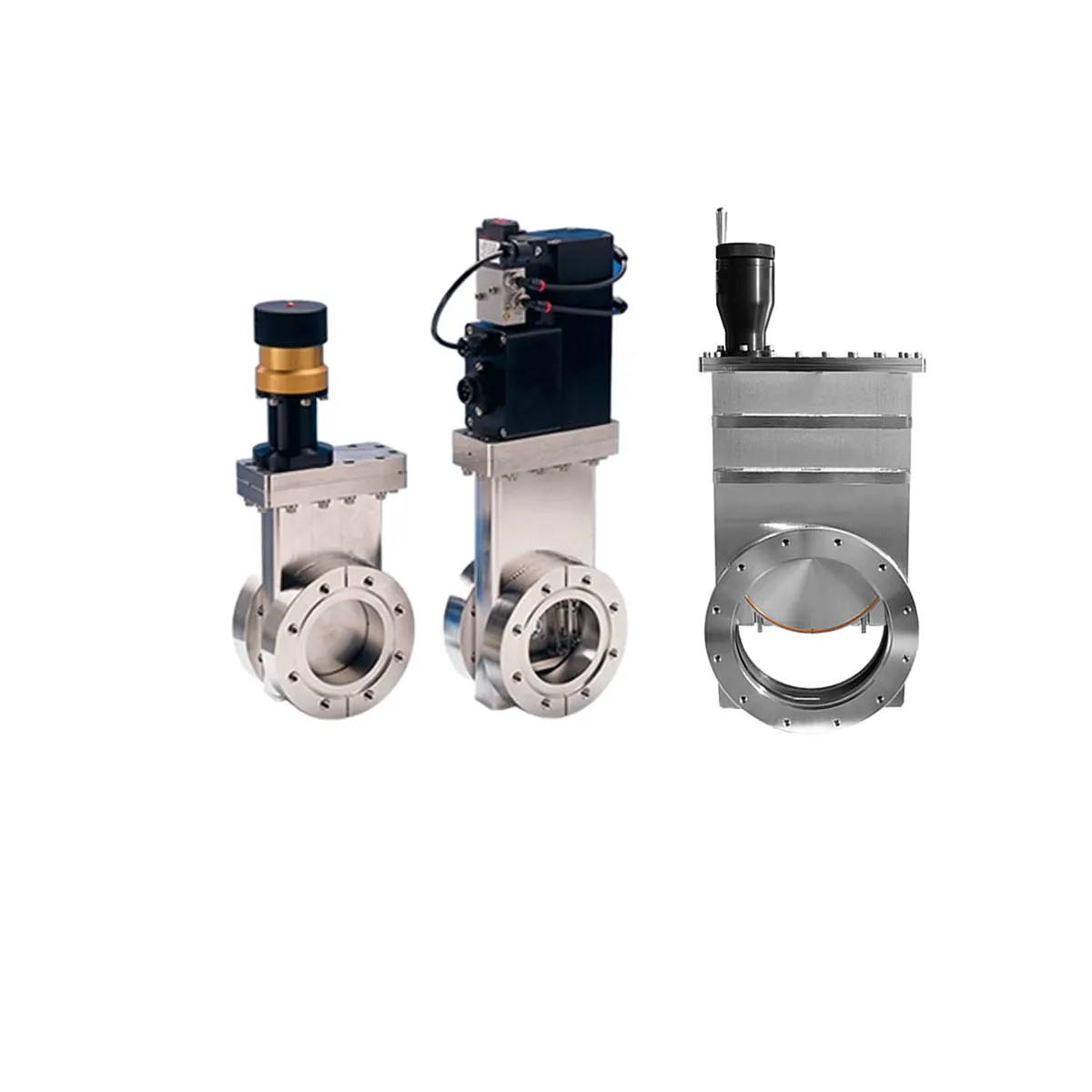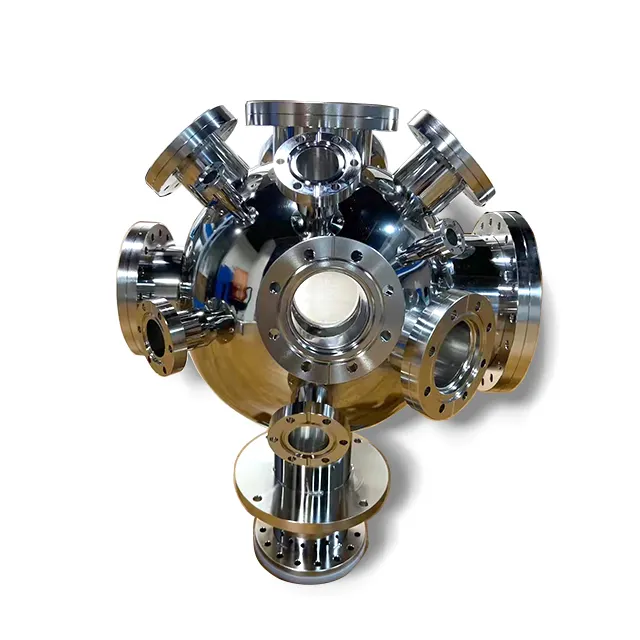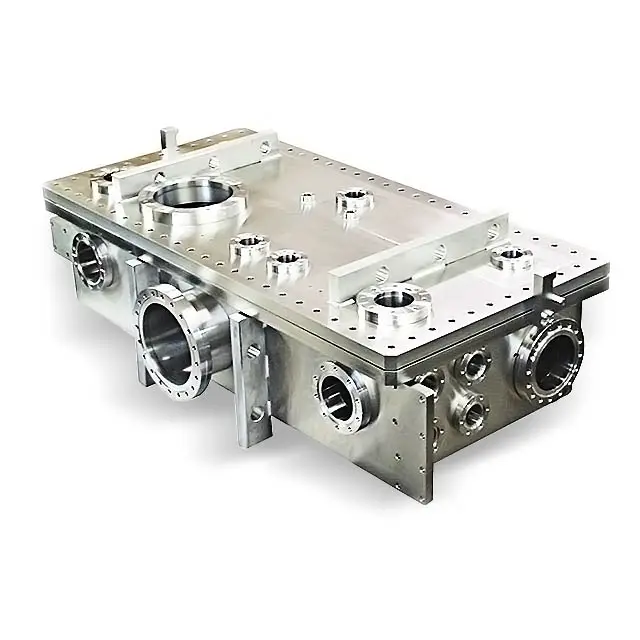vacuum system industrial
A vacuum system industrial represents a sophisticated engineering solution designed to create, maintain, and control vacuum environments for various industrial processes. These systems comprise multiple components including vacuum pumps, chambers, gauges, valves, and control systems working in concert to remove air and other gases from a sealed space. Modern vacuum systems feature advanced digital controls, automated pressure regulation, and precise monitoring capabilities that ensure optimal performance across diverse applications. They are essential in manufacturing processes, particularly in semiconductor production, pharmaceutical processing, and materials coating. The systems can achieve various levels of vacuum, from rough vacuum to ultra-high vacuum, depending on specific application requirements. Key technological features include multi-stage pumping mechanisms, advanced sealing technologies, and intelligent control interfaces that allow for real-time monitoring and adjustments. These systems are designed to handle continuous operation in demanding industrial environments, incorporating robust materials and fail-safe mechanisms to ensure reliability. The versatility of industrial vacuum systems extends to applications in food packaging, chemical processing, and scientific research, where maintaining specific pressure conditions is crucial for process success.


